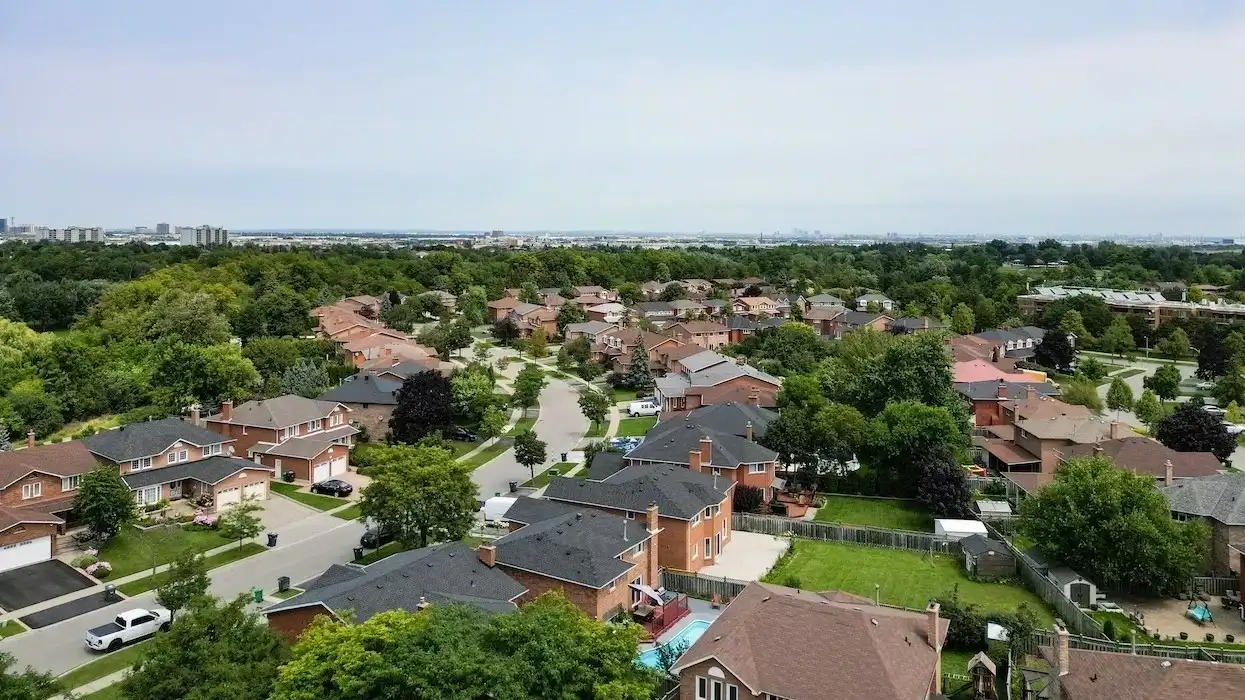If you own rental property in Brampton, there’s a good chance it’s time to cough up your dues. On Thursday, the City announced two major updates to the Residential Rental Licensing Pilot Program (RRL), which is a six-month-old initiative that requires landlords in wards 1, 3, 4, 5, and 7 to register their rental units with the city.
The City is now saying that the RLL registration fee of $300 will be discounted 50% to $150 from July 1 to September 30, 2024, seeing as the initial “full fee waiver” that was in effect prior to June 30 is now closed. From October 1 onwards, the full $300 registration fee will be in effect.
In addition, it appears that Brampton City Council has endorsed a stringent fine structure to “ensure compliance” with the program. Non-compliant landlords will now face a $600 fine for first offences, a $900 fine for second offences, and a $1,200 fine for third and subsequent offences.
“Brampton Enforcement and By-law Services and Fire Prevention will continue to focus efforts on community education and conducting inspections in response to residents' concerns or where there have been previous concerns of compliance with property minimum maintenance standards and or fire safety,” Thursday’s announcement also says.
If you’re acquainted with Brampton’s inaugural landlord licensing program, you might already know that its introduction to the general public has not been, um, smooth. Although the pilot kicked off at the start of January, it was paused just a few weeks later in response to landlord outcry. It wasn’t relaunched until April.
Prior to the program’s relaunch, city staff heard from landlords and the wider community during a Committee of Council meeting on January 31 and a telephone town hall on February 22. In addition to clearing up any misconceptions about the program, city staff used the time to garner feedback on how the program could be made more palatable for Brampton residents. While some landlords lamented that the program is an inconvenience and added expense, members of the community argued that steeper penalties are needed to keep non-compliant landlords in check.
To help ease the transition and streamline the registration process for landlords, city staff ended up removing the need to provide proof of ownership, a criminal record check, detailed parking, storage, and floor plans, and proof of electrical and gas inspections before the program's relaunch in April.
Throughout all of the proceedings, Brampton Mayor Patrick Brown has continued to stress the need for a program that takes aim at illegitimate and subpar rental accommodations, citing the fact that there are as many as 100,000 people living in illegal rental units across the city.
“There's probably no topic we've had more complaints about in the City of Brampton than illegal secondary suites,” Brown said that the February telephone town hall. “There was an example in Ward 3 on Blackmer Circle where we got a complaint and there were [24] students living in the same two-unit dwelling. Imagine that. We had another instance where we got a complaint on Cousins Court: 25 tenants residing on site. Eight of the 25 lived in the basement. No separations, no fire extinguishers or emergency lighting. And we get these complaints on a regular basis.”
Brown also pointed to the fact that there have been four fatalities in illegal secondary units during his time as mayor. “Four fatalities, four senseless, needless losses of life. And in 2023 alone, we had 21 fires in illegal units — 21 fires that could have caused significant loss of life. The question is, as a city, are we going to have the courage to really, really clamp down on slum landlords?”
According to a figure put out by the city on Thursday, close to 2,000 RLL registrations have been received to date.
- Brampton Looking At Steeper Fines, LTB Exemptions For Landlord Licensing Pilot ›
- Brampton Pauses Landlord Licensing Program Just Weeks After Its Launch ›
- City Of Brampton Relaunches Contentious Landlord Licensing Pilot ›
- Brampton To Resume Landlord Licensing Pilot In March Despite Public Outcry ›
- Brampton Announces Fee Waiver For Landlord Licensing Pilot ›





















